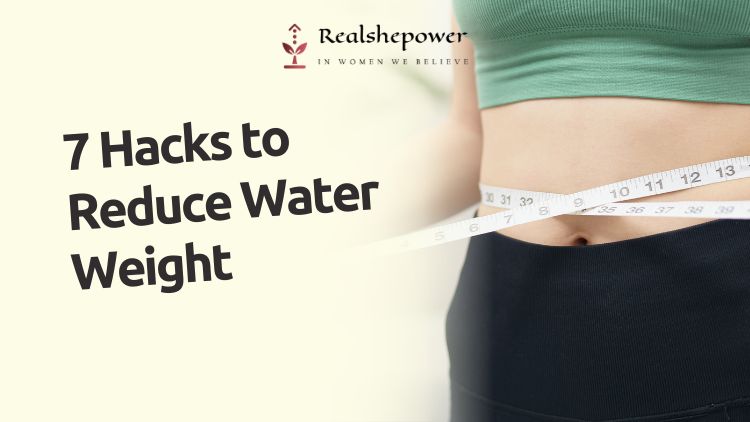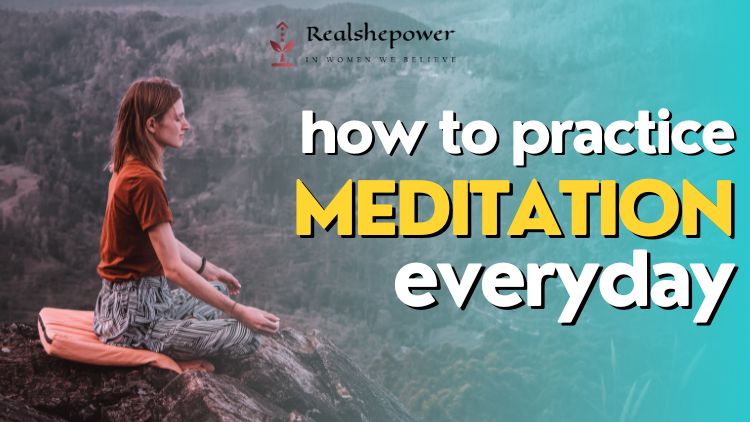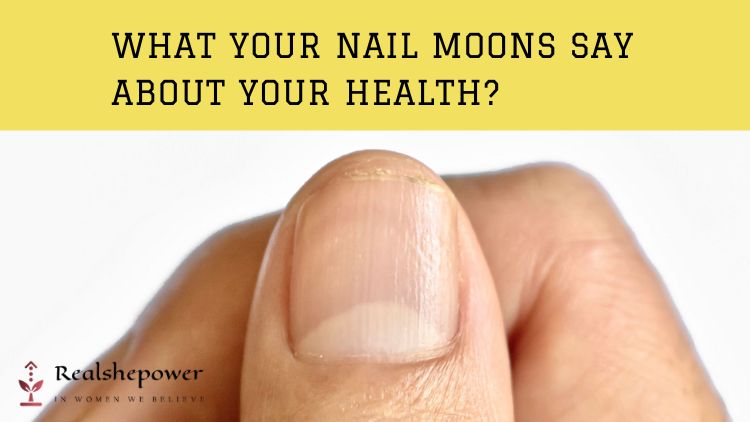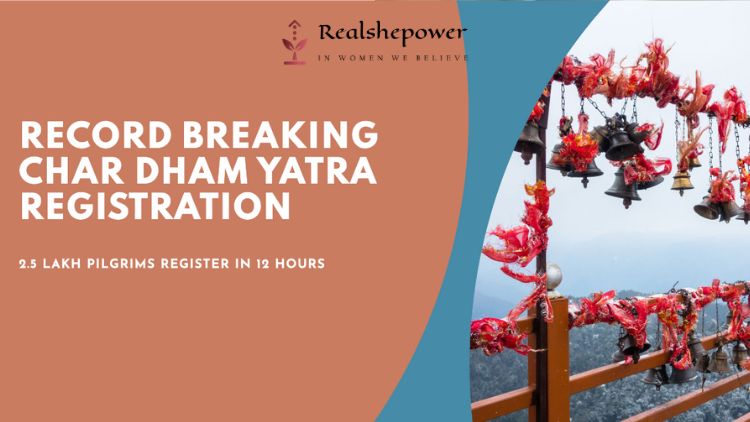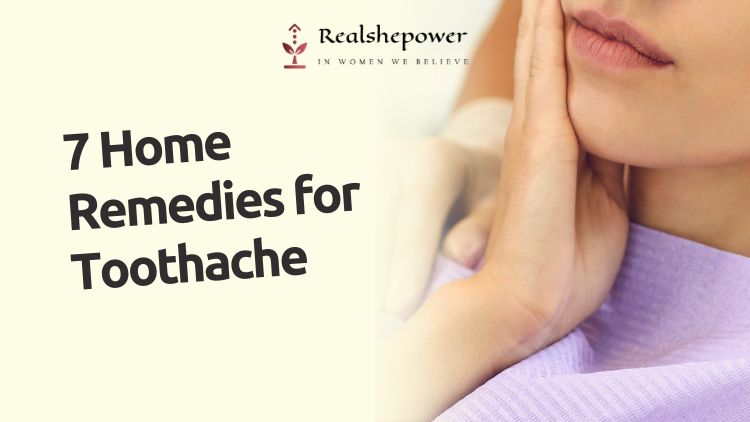The Benefits of Incorporating Meditation into Your Daily Routine
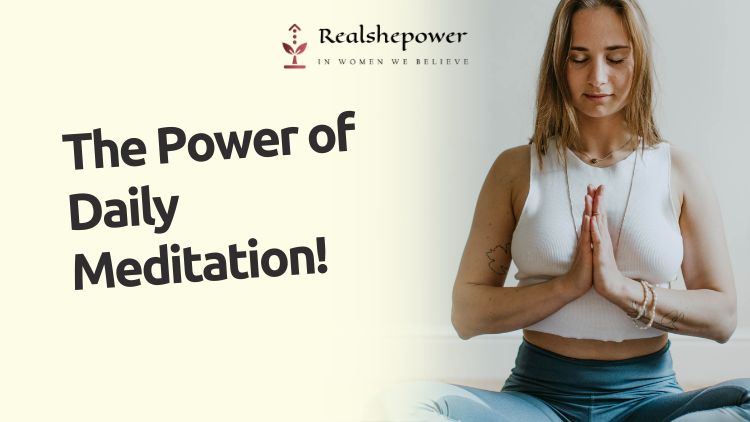

Meditation has transcended its traditional roots and emerged as a cornerstone in the quest for improved mental and physical health. This ancient practice, once confined to spiritual and religious contexts, is now recognized for its profound benefits on everyday modern life.
Meditation Overview
Meditation involves techniques designed to promote relaxation, build internal energy, and develop compassion, love, patience, generosity, and forgiveness. At its core, the practice centers on mindfulness and focused attention, guiding practitioners toward a deeper awareness and understanding of their thoughts and emotions.
The interest in meditation has surged in recent years, partly fueled by mounting scientific evidence supporting its health benefits. According to studies like those reported by Susan Evans et al., meditation not only assists in mental health and behavioral self-regulation but also serves as a valuable asset in integrative medical care, offering significant reductions in anxiety and depressive symptoms.
Reducing Stress and Anxiety
One of the most celebrated benefits of meditation is its capacity to reduce stress and anxiety. By fostering a state of mindfulness, meditation helps calm the mind, offering a reset in our often hectic lives. Interestingly, meditation has been scientifically shown to lower cortisol levels—the so-called “stress hormone”—which contributes to a better overall mood.
In fact, the practice can quickly show effectiveness even in the short term. As noted in “Mind Control: 6 books in 1,” just a brief engagement with meditation can lead to noticeable stress relief. For those looking to manage anxiety, it’s advisable to incorporate techniques like deep breathing, which turns on the body’s natural relaxation responses.
Also Read: Top 10 Effective Ways To Reduce Stress And Anxiety
Boosting Focus and Productivity
Meditation’s ability to enhance attention and concentration is another compelling reason to adopt the practice. This heightened focus can directly translate into improved productivity and cognitive function, making meditation not just a wellness activity but a performance-enhancing tool. Improved decision-making and cognitive abilities stem from this clear and present state of mind, pivotal in both personal and professional settings.
For busy professionals, integrating meditation into a daily routine might include short sessions during breaks or in the mornings before the workday begins. These brief, consistent practices can lead to long-term benefits in concentration and work efficiency.
Promoting Overall Wellbeing
The influence of meditation extends beyond mental health to physical health as well, with research linking regular meditation practice to better sleep, enhanced immune function, and improved cardiovascular health. This holistic impact fosters a stronger body-mind connection, essential for long-term wellness.
Utilizing meditation to nurture a grateful and positive mindset is also highly beneficial. As practitioners become more attuned to their internal state and less reactive to external stresses, the general quality of life improves, marked by increased feelings of contentment and peace.
Don’t Miss: How Mental Health Affects Physical Health
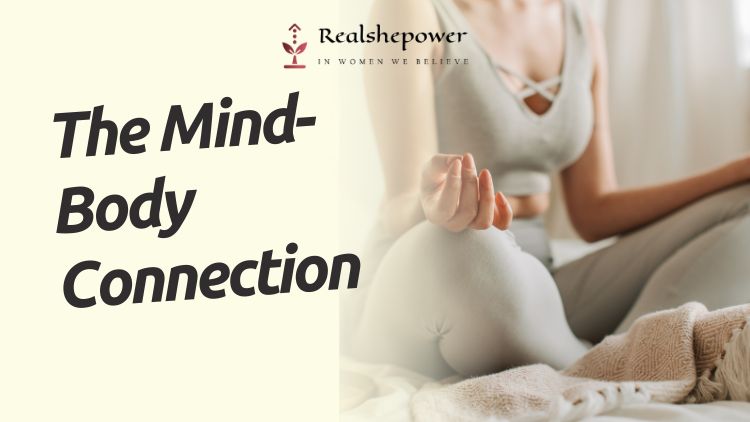
The myriad benefits of meditation—ranging from reduced stress and heightened focus to the promotion of physical and emotional wellbeing—underscore its significant role in fostering a healthier, more balanced life. Whether you’re a busy professional, a stressed student, or someone simply seeking to enhance your quality of life, meditation offers an accessible and efficient path toward achieving these goals.
I encourage you to take the first step towards incorporating meditation into your daily routine. The practice might just be the transformative tool you’ve been looking for to navigate the modern life with greater ease and resilience.

